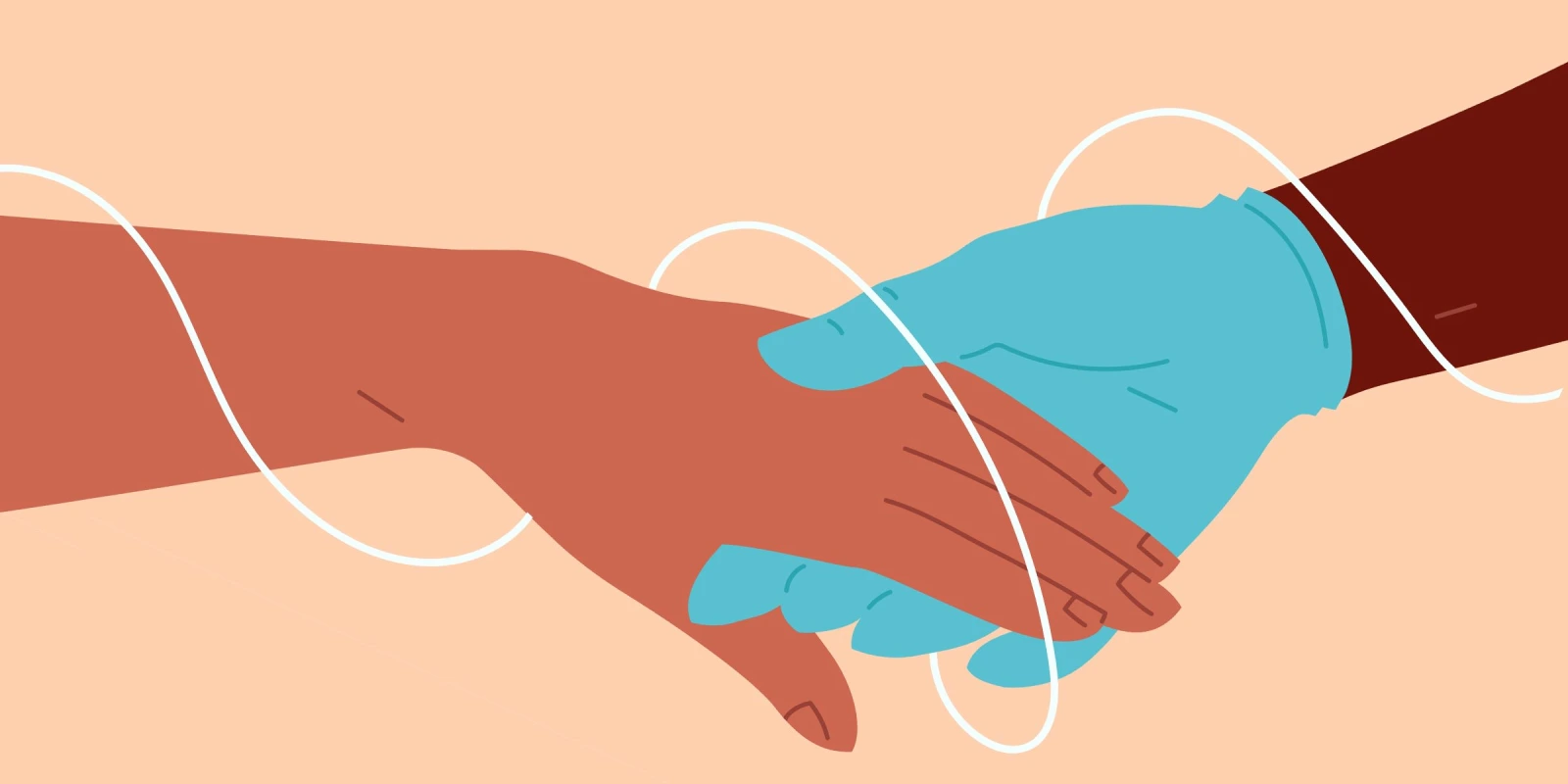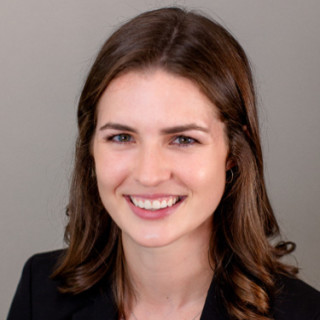I had my first baby during chief year of residency. Despite a fairly uncomplicated pregnancy, at 40 weeks I found myself being induced in the context of high blood pressure and preeclampsia, which ultimately led to an unplanned C-section.
I have been in many ORs, even scrubbed into and participated in my fair share of surgeries, but the C-section was only my third time being on the operating table as a patient. Thanks to a potent combination of the epidural, Pitocin, and a magnesium drip, I felt loopy and bewildered as team members bustled about on either side of me.
My memory of the procedure is crystal clear at times and foggy at others. I remember a confusing discussion about what to do with my sports bra, as it was tangled in the many tubes and wires (I do not recall what we decided to do with the bra in question). I remember that I mysteriously could not stop burping, and nobody else seemed concerned, though I repeatedly asked the nurses for reassurance. I felt woozy and lightheaded and asked the anesthesia resident what would happen if I passed out. “We’ll bring you right back,” he said, but I felt unconvinced.
My husband had not been allowed in yet, and my disorientation and anxiety must have been obvious (read: I looked like a hot mess), because the next thing I knew, somebody was gently holding my hand. The third-year medical student, who had been dutifully rounding on me since I had arrived 36 hours earlier, was standing to the side of my round naked belly, gently holding my left hand in hers. While the team continued to busily prepare the room and my body for surgery, she spent a few minutes standing there, being present. She did not tell me everything would be OK or try to distract me with chatter. She just quietly held my hand, softly smiling, grounding me amid the chaos. I remember thinking, “Oh, this is nice.”
The C-section went smoothly. My husband and I cherish the joyful memory of learning we had a son and the overwhelming relief hearing him cry for the first time. In what felt like minutes, I was closed up and wheeled out, jubilantly holding my baby on my chest.
Over the next several weeks, I waded through postpartum fog, sleepless nights, and recovery from a major abdominal surgery. We figured out diapers and breastfeeding and naps and swaddles, and started to find our groove as a little family of three. After a few months, I navigated a gentle return to work, grateful for the support of my program leadership and co-residents. And in reflecting on my birth experience, much of it very different than what I had hoped for, I realized that one of the few concrete memories from the birth of my son was the sweet moment when the medical student held my hand.
I eagerly scoured my patient portal, looking for any documentation written by a medical student and hoping to stumble across her name. Driven by sentimental postpartum hormones — and perhaps a desire for some sort of closure on my part — I wanted to find her, to let her know what a positive impact she had on me. I remembered countless times in medical school that I had doubted myself and second-guessed my decisions, wondering, “Was that a weird thing to say? Am I standing in the wrong place? Did I do the right thing?” I frequently felt insecure about my fund of clinical knowledge, and whether I was smart or capable enough to be successful. I wanted her to know, from a patient and physician, that in that moment, she was enough.
But I could not find her. I transitioned back into my chief year and learned about pumping, teething, and starting solids. One day, I arrived to the mental health urgent care where I rotated on Mondays, and greeted the medical student starting her psychiatry clerkship. We briefly chatted about career aspirations, including fellowship (for me), applying in plastic surgery (for her), and I shared that I recently returned from maternity leave. I scrolled through a few photos of my son, and her eyes lit up with recollection. We realized that she had rounded on me during her obstetrics rotation — and she had been there for my delivery.
“Did you hold my hand?” I asked.
“Yes!” she smiled.
I was elated. I shared how much that small, unexpected gesture meant to me. I learned she had left that rotation feeling disappointed and thought she had not made a difference to her patients. I promised that she had. We laughed together about the myriad of things that went “wrong” with my delivery, and gracefully worked around the unique dynamics of her having seen the inside of my abdominal cavity. I am heartened that she plans to be a surgeon, and hope she continues to trust her instincts for compassion.
At the end of the day, the art of medicine lies in humans – fragile, flawed humans – caring for other humans. Clinical acumen and surgical skill can be taught. Emotional intelligence and genuine empathy, especially for our most vulnerable patients, often cannot. So to the medical student who held my hand – thank you. Kindness and compassion are always right.
Share a time someone showed you kindness and compassion as a patient.
Caitlin J. McCarthy, MD is a consultation-liaison psychiatry fellow at the Medical College of Wisconsin in Milwaukee, Wisconsin. She has interests in perinatal psychiatry, integrated care models, and medical education.
Image by fedrelena / GettyImages







